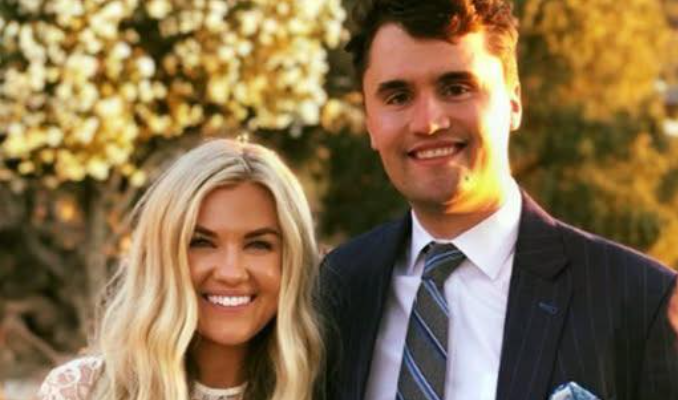Nationwide Fallout Follows Charlie Kirk’s Assassination, Sparking Firings and Fierce Free Speech Debate
The assassination of conservative activist Charlie Kirk on September 10 has sent shockwaves across the United States, igniting a wave of mourning, outrage, and debate that has transcended political lines. While tributes poured in from both Republican and Democratic figures, the national conversation has quickly shifted toward how individuals have responded to Kirk’s death—and whether their online speech should have consequences.
Mourning Turns to Controversy
Kirk, a founder of Turning Point USA and a prominent figure in the conservative movement, had long been a polarizing presence. While his supporters described him as a fearless advocate for traditional American values, critics often pointed to his inflammatory rhetoric on issues like LGBTQ+ rights, race, and immigration. That polarization became even more evident in the days following his death.
Public reaction to the assassination was swift and divided. Many expressed genuine sorrow and condemned political violence in all forms. But others, particularly on social media, responded with comments that were viewed as mocking, dismissive, or even celebratory. These reactions sparked immediate backlash—not just from conservatives, but from a broader audience alarmed by what they saw as a disturbing trend of politicizing tragedy.
Stephen King’s Controversial Tweet
Among the most prominent voices to come under fire was author Stephen King. In response to those portraying Kirk as a victim and unifying figure, King posted on X (formerly Twitter): “He advocated stoning gays to death.” The comment was quickly condemned, most notably by Elon Musk, who called King a “liar” and accused him of spreading falsehoods. King deleted the post within hours and issued an apology, but the damage was done.
His post is now widely cited as one of the catalysts for a broader reckoning over how the public and media discuss political violence, especially when the target is a divisive figure.
A Website Sparks a Modern-Day Purge
Shortly after King’s tweet, a website titled Expose Charlie’s Murderers appeared online. Its purpose: to document and publicize the identities of people who made what it describes as “celebratory, violent, or dehumanizing” comments about Kirk’s death.
The site includes screenshots, names, employers, and social media links, and it has already led to a series of terminations and disciplinary actions. Critics have called the website a form of vigilante “doxxing,” while supporters argue that it merely holds people accountable for inciting or endorsing political violence.
High-Profile Firings Across Industries
The list of those who have lost their jobs continues to grow. MSNBC terminated political analyst Matthew Dowd after he called Kirk “one of the most divisive public figures in American life” and suggested that Kirk’s rhetoric had contributed to the climate in which he was killed. The network labeled Dowd’s remarks “insensitive and unacceptable.”
DC Comics also canceled an upcoming Red Hood miniseries by author Gretchen Felker-Martin, who had appeared to mock Kirk’s assassination in a now-deleted post. Felker-Martin, known for controversial horror fiction, defended her comments as satire but acknowledged the consequences.
Institutions like Middle Tennessee State University, the Carolina Panthers, and Nasdaq confirmed that they had fired employees for violating workplace conduct standards related to social media comments. In most cases, the individuals had posted memes, jokes, or blunt statements viewed as lacking empathy or, worse, inciting violence.
The Scope and Implications
According to conservative researcher Parker Thayer, as many as 60 individuals may have lost their jobs over online comments regarding Kirk’s assassination. While not all have been verified, the number is growing as employers respond to public and internal complaints.
This cascade of consequences has ignited a larger debate: where is the line between free speech and speech that incites or celebrates violence? Some argue that canceling people over tweets—even offensive ones—undermines core democratic principles. Others contend that freedom of speech does not mean freedom from consequences, especially when that speech violates professional ethics or contributes to a hostile public discourse.
A Deepening Divide
The political right has largely unified around calls for accountability, with figures like Laura Loomer and Congressman Clay Higgins demanding permanent social media bans for anyone who celebrated Kirk’s killing. Free speech advocates, including some on the left, caution against what they see as an overreach that could set a dangerous precedent.
What began as mourning for a controversial figure has evolved into a cultural flashpoint. In many ways, the aftermath of Charlie Kirk’s assassination has become a referendum on how America defines compassion, free expression, and accountability in the digital age.
As the nation grapples with these questions, one thing is clear: the conversation surrounding Kirk’s death will have ramifications far beyond this moment—and far beyond politics.



